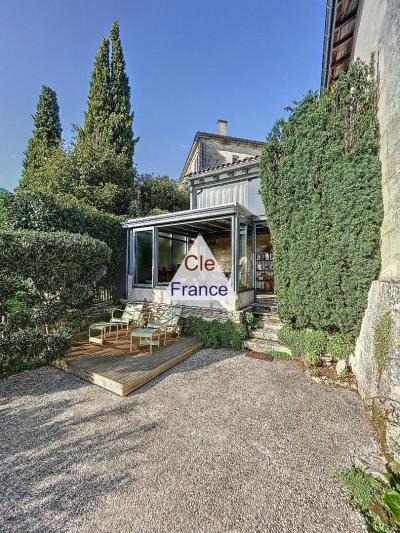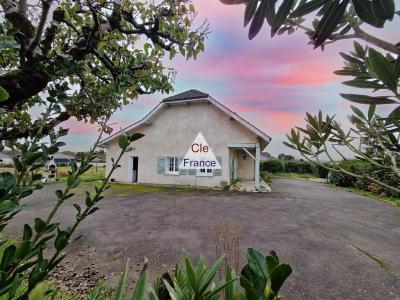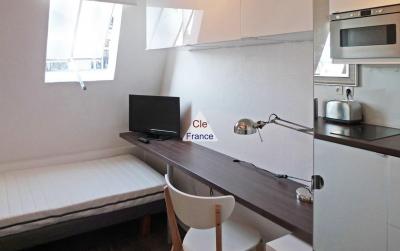The French finance bills for 2013 and 2014 have brought some changes in rates that may have an impact on the market. These measures have been thought out by the French socialist government as a way to improve French public finances and they affect residents and non-residents alike. They also affect purchases as they mean a rise in Notaire’s fees.
Your French Property Purchase:
Starting from the 1 January 2014 all the TVA rates have gone up. This means that current expenses will rise as the 7% reduced rate for restaurants, construction, and ebooks, has risen to 10%. However the 5.5% rate, for food, hotels and entertaining has fallen down to 5%.
The main measure of interest for a property purchaser is the 19.6% standard rate which has gone up to 20%. Whilst this means that the rate is the same as the VAT in the UK, this entails a slight raise in the Notaire’s fees for all property transactions.
However one must keep in mind that the France and UK rates are not the highest as Spain and Belgium for instance have increased their rates to 21 %.
While this slight raise could have been regarded as not having dramatic consequences, another provision of the finance bill is more severe with regard to Notaires’ fees. These consist mainly in taxes other than TVA to the benefit of “Départements” or towns. The Notaire’s actual charge represents approximately 1% while the total fees on a purchase are usually about 7% to 8% of the price.
Starting from 1 March 2014 Départements have been authorised to raise their allocation up to a maximum of 0.70%. This means that the Notaire’s fees will increase accordingly.
Some Départements have already said that they will not apply the rise on 1st March 2014, whereas others have said they will apply the raise. As of now this list is not final. Given this uncertainty the Notaire will not have any other choice than announcing to clients higher fees by way of estimate that may be revised after the sale is completed. This is simply reinforcing to the old Notaire’s habit of announcing a provision.
When Selling Your French Property:
The main area of focus here is capital gains tax. A new regulation has made non-residents liable to pay social charges. A complete relief is achieved after 22 years of ownership with regard to capital gains tax itself, but after 30 years for the social charges.
The relief comes in gradually. This means that any seller should pay attention to the anniversary date when he bought the property, as this governs the total amount of indexation relief that is possible. The new capital gains tax calculation has become very complex and it is highly advisable to seek professional advice in this respect.
In a midst of all these measures there is a silver lining as from 1 January 2014, a non-French resident national of an EU Member State, Norway or Iceland who sells his property in France may be exempt from capital gains tax on the sale of a French property.
The exemption focuses on disposals:
- After December 31 of the fifth year following transfer of tax residence outside France;
- Without time limit, if the seller has free disposition of the property (that is to say that the property is not rented) at least since January 1 of the year preceding the transfer.
The exemption is limited to a single assignment and certain other provisos.
For individual advice, please contact Jean-Paul Vovor here.

We at Cle France - The French Property Network are proud to work in partnership with Ashton KCJ - Legal services. If we think our clients need further legal advice or have a specific legal question that needs solicitor involvement when buying or selling a property in France we can recommend Matthew Cameron and his team for expert advice.




